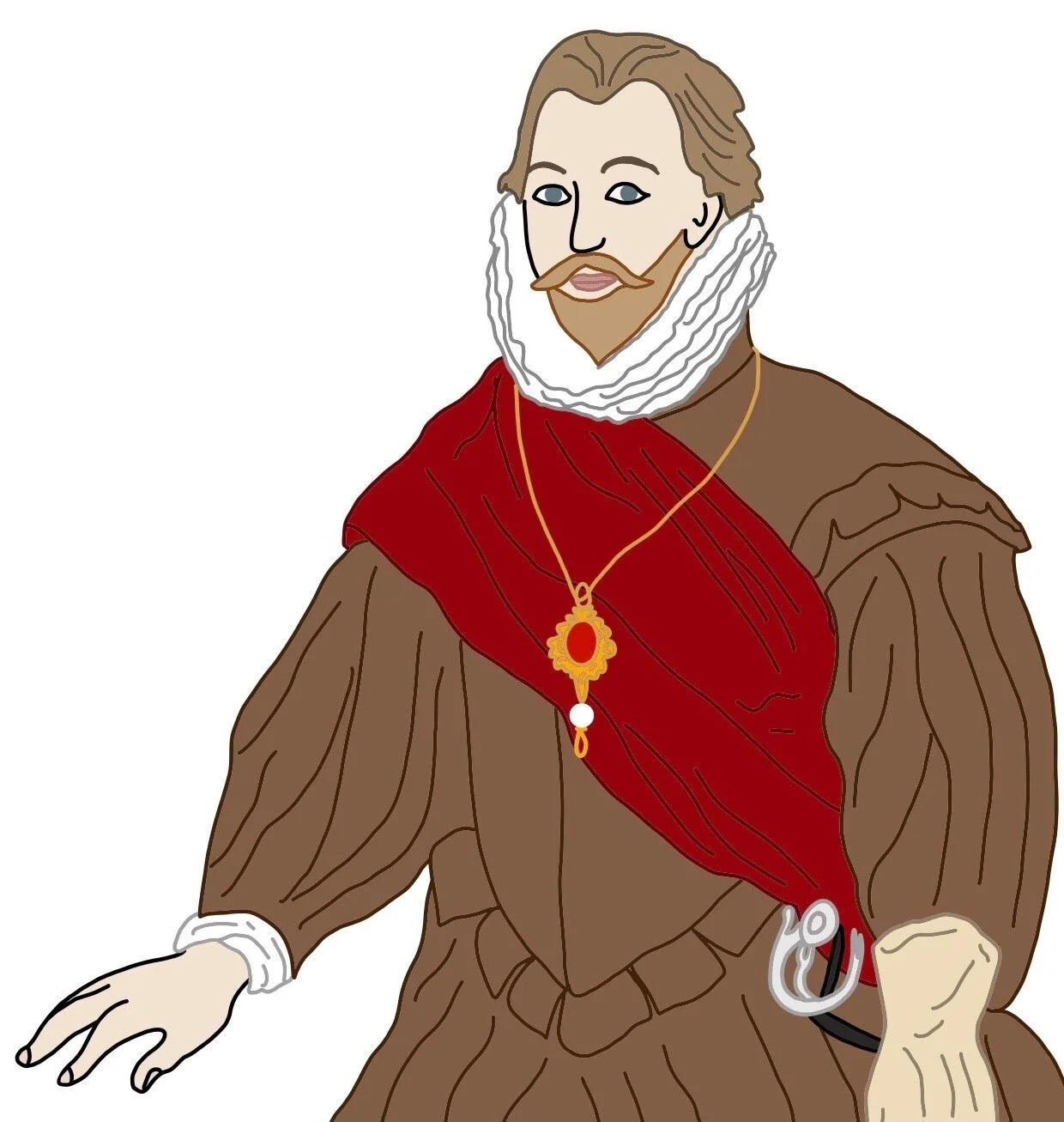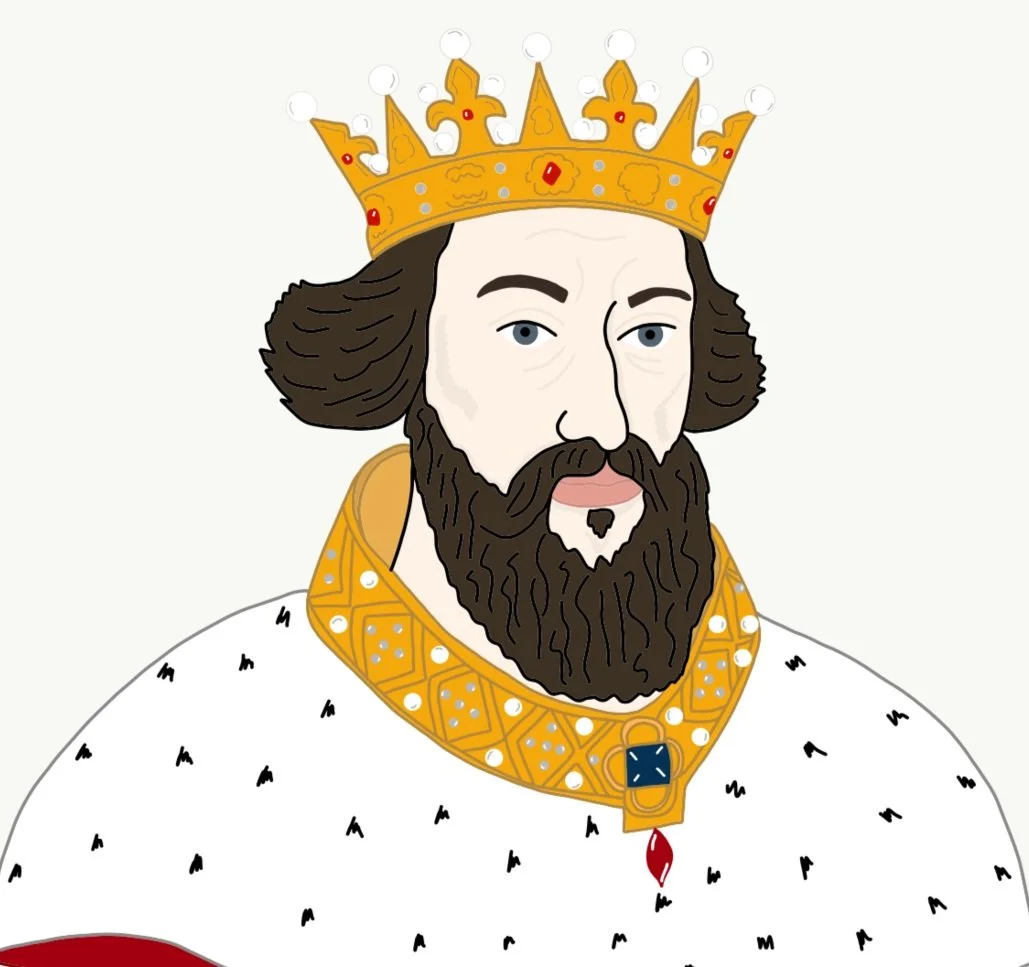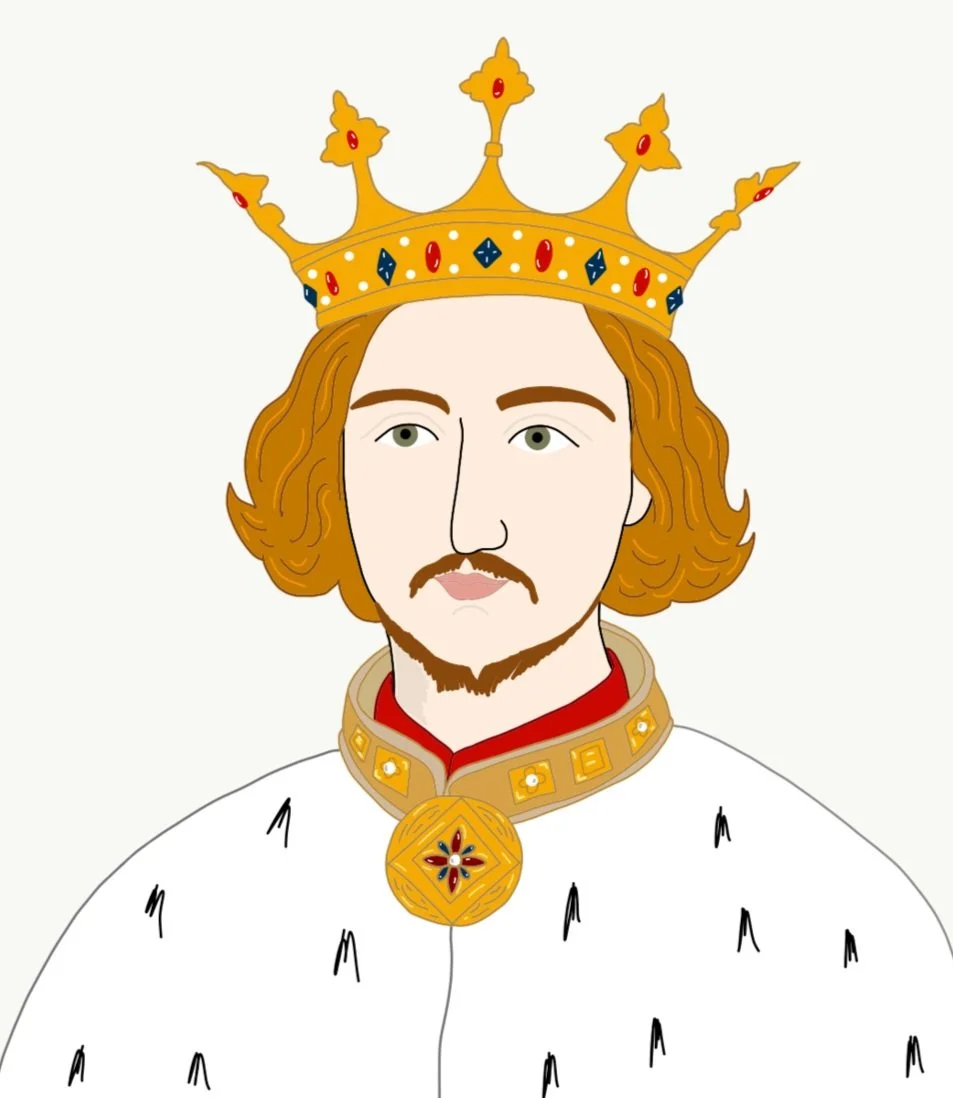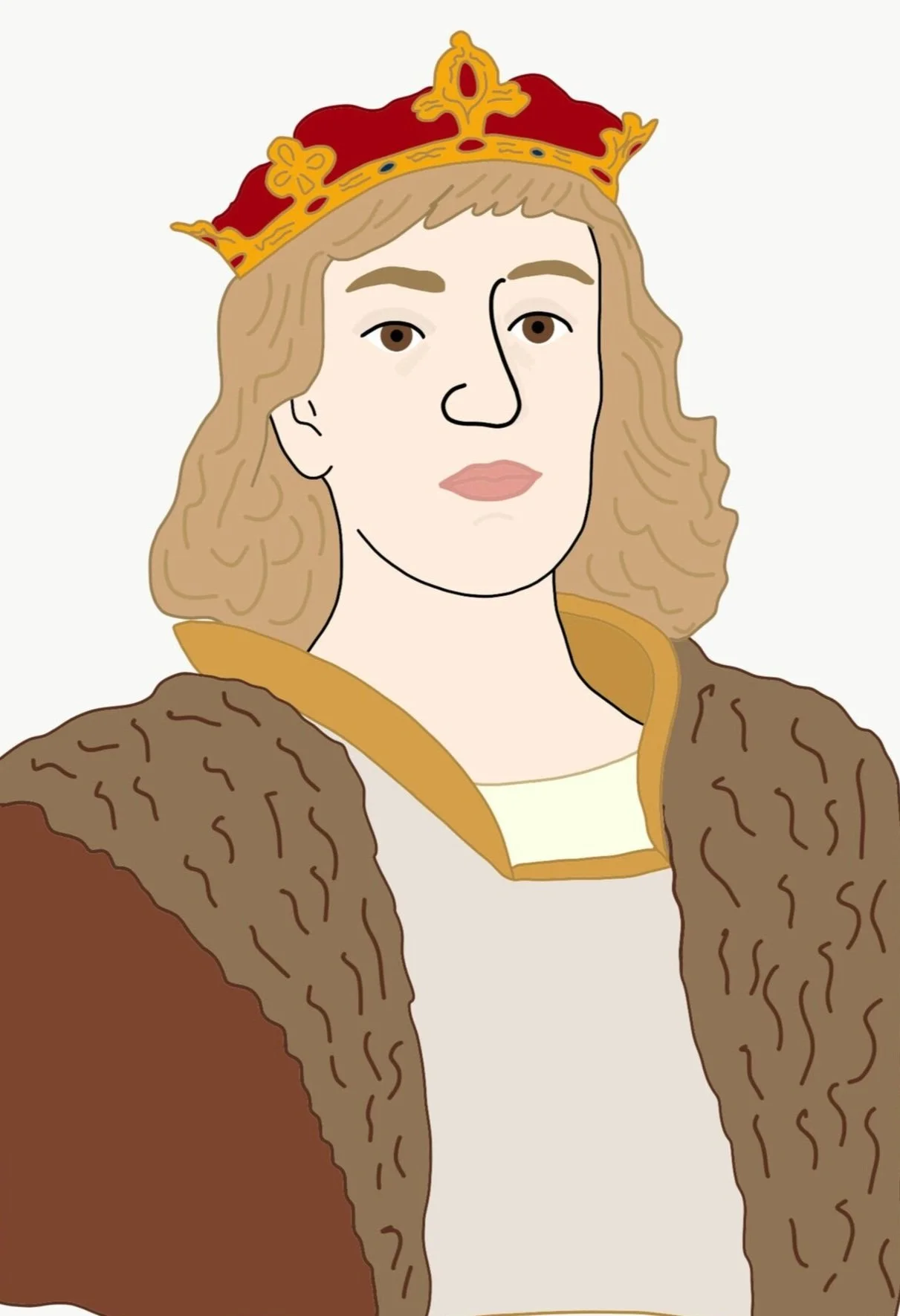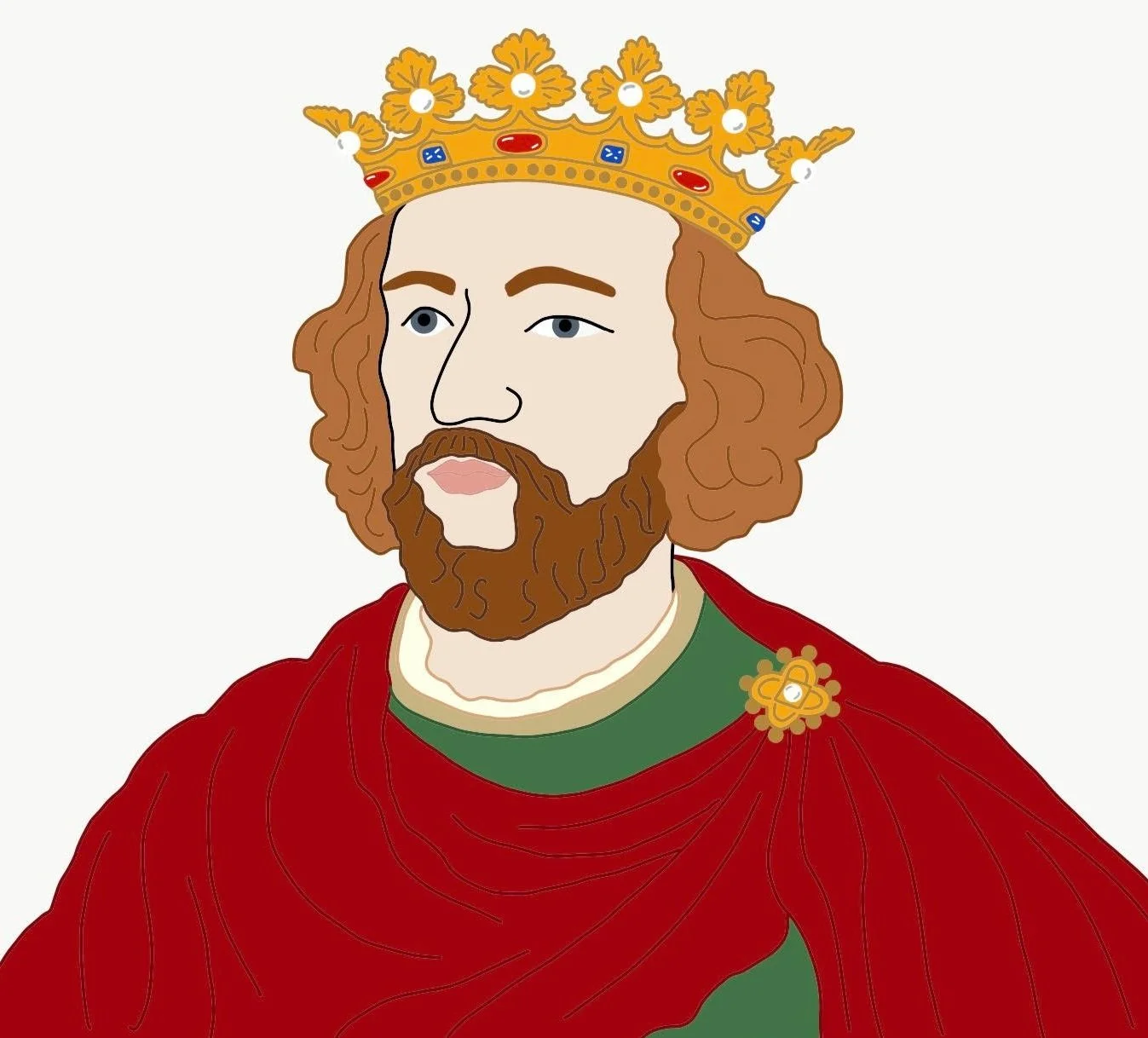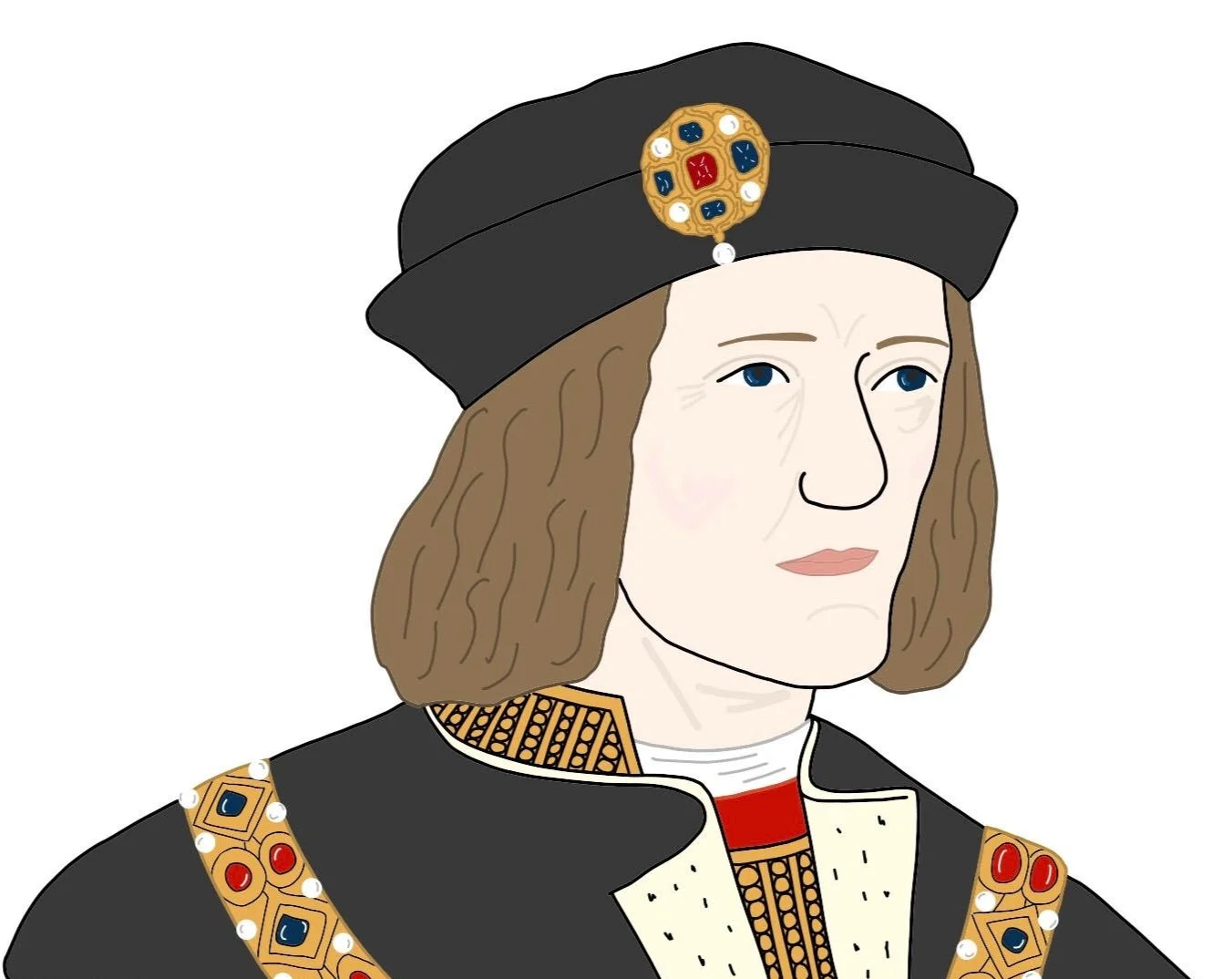September 26th - October 2nd
“Bobbies on the beat; the accidental discovery of an antibiotic that has saved millions of lives; heiroglyphs decoded; a supersonic passenger plane and the first passenger train...”
On 26th September…
Francis Drake returns to England after circumnavigating the globe
1580 – Sir Francis Drake returned to Portsmouth having become the first Englishman to circumnavigate the world. He had set out three years earlier with the permission of Queen Elizabeth I to explore the west coast of the Americas and to cause havoc to Spanish ships along the way. Sir Francis Drake took this permission to devote his voyage to acts of piracy. When he returned aboard his ship The Golden Hind it was laden with treasures and spices from around the globe. Queen Elizabeth I went aboard the ship to greet and bestow a knighthood on Francis when it moored on the Thames River in London.
1973 – Concorde made its first non-stop crossing of the Atlantic in recording breaking time of 3 hours and 33 minutes. Concorde was the first supersonic passenger carrying aircraft. Its fastest flight across the Atlantic occurred in 1996 when it completed the journey in just 2 hours and 52 minutes.
On 27th September…
Egyptian heiroglyphs are decoded
1822 – Egyptian hieroglyphs were deciphered by Jean-Francois Champollion, a French scholar, by using the Rosetta Stone. Champollion could already speak Greek and Coptic the two other languages inscribed on the stone and after years of research and study he finally managed to work out that the hieroglyphs were not just pictures but phonetic sounds. The Rosetta Stone now lives in the British Museum, its inscription is a decree passed by a council of priests affirming Ptolemy V as pharaoh on the first anniversary of his coronation.
The first passenger train takes a trip
1825 – George Stephenson’s locomotive No.1 became the first steam locomotive to carry passengers along the first railway to operate both freight and passengers; the Stockton-Darlington Railway. Stephenson drove his train at a speed of 15 miles per hour pulling wagons carrying 450 passengers.
On 28th September…
551BCE - Confucius, who is known in China as Kongzi or Kongfuzi (Master Kong) was born. He was a sage (wise man) scholar and philosopher who is known as the first teacher in China. He is remembered throughout East Asia on this day; in Taiwan it is an official holiday called Teachers’ Day.
William lands in England ready to Conquer
1066 - William, Duke of Normandy landed with about 700 ships at Pevensey Bay on the south coast of England to make his claim on the English throne. He immediately started to build a fortification within the walls of the Roman fort there in which to shelter his army. The next day he marched along the coast to Hastings and waited for King Harold II to arrive from his recent victory against the Vikings at Stamford Bridge near the city of York.
King Henry I victorious at Tinchebray
1106 - King Henry I (son of William the Conqueror) defeated his own brother, Robert Curthose, at the Battle of Tinchebray in Normandy. Robert believed that he had more right to the English throne because he was the older brother.
The argument started when Henry, the youngest of the three brothers, had been present when their other brother, William Rufus who was King of England at the time, had died in a hunting accident in the New Forest. Suspicion as to whether it was an accident or not arose when Henry had raced to claim the throne instead of seeing to his dying brother.
Robert was captured and held prisoner until he died in 1134.
Penicillin is discovered by accident
1928 - Alexander Fleming discovered penicillin by accident. He had left an uncovered petri dish by an open window; the uncovered dish became contaminated with mould spores. Alexander noticed that the bacteria in the dish near to the mould was dying. He isolated the mould and tested it further, finding it could kill a number of different bacteria. He called the mould penicillin.
On 29th September…
1758 - Horatio Nelson was born in Norfolk. He was a British naval commander who was famous for defeating Napoleon at the Battle of Trafalgar. He joined the navy at the age of 12 years and became Captain when he was 20 years old. During his many battles he lost the sight in his right eye and later, his right arm. He was killed at the Battle of Trafalgar and his body was preserved in a keg of brandy and transported back to England where he was given a state funeral. His statue, Nelson’s Column, stands in the centre of Trafalgar Square in London.
Bobbies start walking the beat
1829 - The first units of the Metropolitan Police patrolled the streets of London. It became London’s first regular police force with the police officers becoming known as ‘Bobbies’ or ‘Peelers’ after its founder Sir Robert Peel.
On 30th September…
Richard II forced to abdicate by his cousin
1399 - King Richard II of England, abdicated the throne in favour of his cousin, Henry Bolingbroke. Richard was made king when he was ten years old when his grandfather, Edward III died. He didn’t want to abdicate but had been forced to do so by Henry Bolingbroke who was rebelling against Richard’s rule and seizure of John of Gaunt’s (his father) lands and treasures. These lands and treasures should have been given back to Henry upon his father’s death but the king had decided to keep them. Henry Bolingbroke had gained the support of many nobles who did not agree with King Richard II’s way of ruling, they had helped Henry gain power and capture the king. Upon the king’s abdication, Henry was crowned King Henry IV.
1888 - Jack the Ripper murdered two more women, Elizabeth Stride and Catherine Eddowes. It is believed that he was interrupted during the murder of Elizabeth Stride and so he went on to find a second victim that evening.
On 1st October…
King Eadwig dies aged 19 years
959 - King Eadwig of England died at the age of about 19 years. He had become king at the age of 15 years when his uncle King Eadred died. During his reign the Anglo-Saxon kingdoms of Northumbria and Mercia revolted against him and declared his brother Edgar to be their king.
King Edgar I became king of all England upon Eadwig’s death.
King Henry III is born
1207 - King Henry III was born in Winchester Castle and became king at the age of nine years. He was the son of King John, the king who had been forced to sign the Magna Carta.
Mary I crowned Queen of England
1553 - Queen Mary I was crowned at Westminster Abbey. She was the daughter of Henry VIII and his first wife Catherine of Aragon. Mary was given the nickname Bloody Mary for her persecution of Protestants; she did not like them or agree with them and reinstated Catholicism as the religion of England during her reign. She burnt about 300 Protestants at the stake for their religious beliefs.
On 2nd October…
Richard III is born
1452 - King Richard III was born in Fotheringhay Castle in Northamptonshire. He became king after usurping his young nephew, Edward V. Richard III was killed when he was 32 years old at the Battle of Bosworth Field. This battle brought an end to the Wars of the Roses and saw the beginning of the Tudor period.
1869 - Mohandas Karamchand Gandhi (Mahatma Gandhi) was born in India. He was a lawyer, politician, social activist and writer who became the leader of the nationalist movement against the British rule of India. He sought peaceful ways to bring about Indian independence.
Twickenham holds its first rugby match
1909 - The first rugby match to be played at Twickenham took place between Harlequins and Richmond, the final score was 14-10.
The stadium was built on an area that was previously used as a market garden for growing cabbages but was now home to England’s International Rugby Team.
